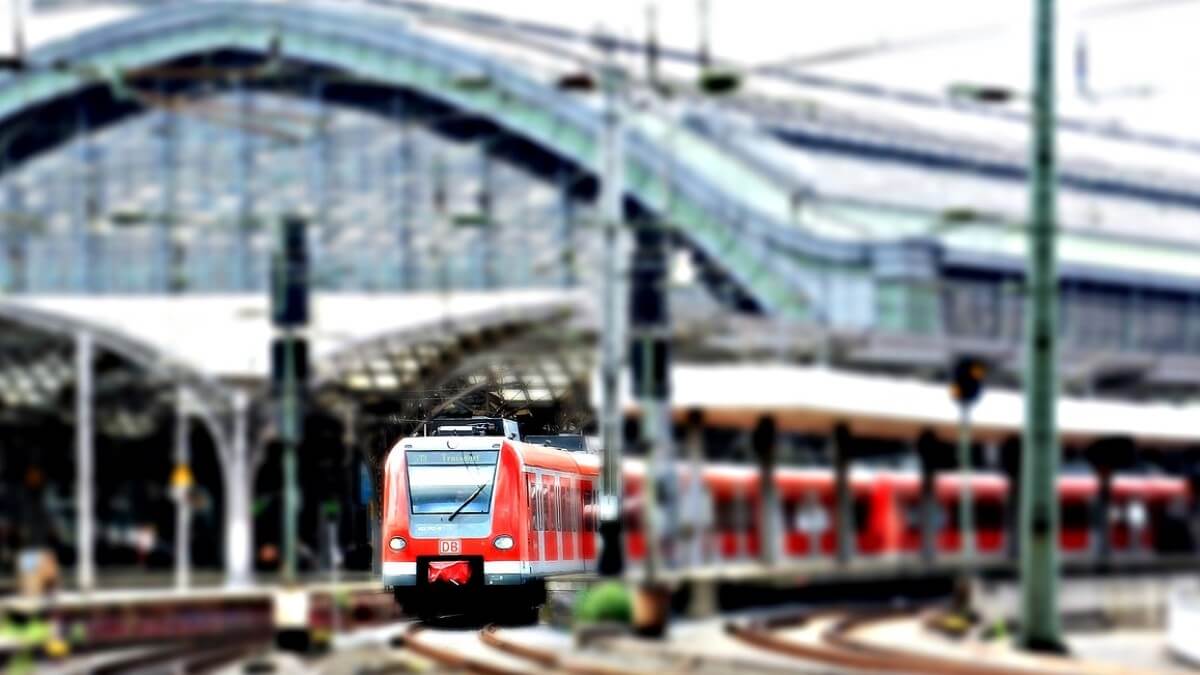Eurostar Loses 30% of Its Traffic Due to Delays Caused by Post-Brexit Border Checks
Eurostar, the rail operator, is dealing with decreased capacity of 30 per cent due to border checks introduced for British travellers after Brexit while also dealing with financial pressures coming from the COVID-19 Pandemic.
This situation has caused the chair of the UK’s transport select committee, MP Huw Merriman, to address the issue by writing a letter to Eurostar, asking about the Ebbsfleet and Ashford international stations in Kent, as well as the end of the company’s Disneyland Paris service, SchengenVisaInfo.com reports.
“Following the UK’s departure from the European Union, additional border checks apply to UK citizens seeking to enter Schengen,” Jacques Damas, Eurostar’s CEO, writes.
He also explained that the capacity of people handled was introduced as nearly 40 per cent of Eurostar’s customers are British, which indicates that more time is dedicated to them due to border checks. In addition, stamping passports adds at least 15 seconds to each passenger, which adds up. On top of that, it makes electronic passport gates less effective as they don’t accept British passports in most EU countries.
The operator’s stations in London and Paris say they are working to fix the problem while Spain is feeling hectic at St Pancras Station, but another passport control booth is being installed. French passport gates, on the other hand, have been upgraded, and in Paris, more UK gates are being added.
Despite all the preparations, peak capacity through the stations stands below pre-Brexit times by 30 per cent.
“Even with all booths manned, St Pancras can currently process a maximum 1,500 passengers per hour vs. 2200 in 2019,” Eurostar chief says.
According to him, the only way that the company can manage the situation is by continuing to impose restricted timetabled and limited capacity trains. The chief also explains that currently, Eurostar is unable to respond to the high demand for services linking capital cities, and reopening Ebbsfleet and Ashford International stations would put too much pressure on the local police.
Moreover, the rail operator is anticipated to face other problems leading to more delays due to the Entry/Exit System (EES), which will be introduced by the EU in May of 2023. This IT system will automatically monitor third-country nationals, including non-EU, EEA, and Swiss citizens, at border crossings.
EES aims at replacing passport stamps at border crossing points into the Schengen area, like airports and seaports, and as Damas points out, the current economic climate in the UK and EU, as well as the energy crisis, is putting the company and passengers at difficulties.



